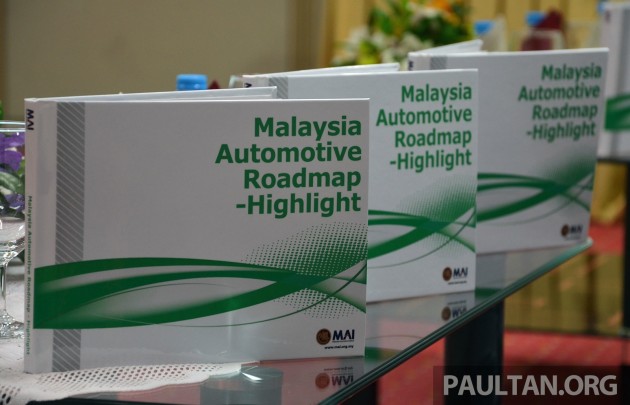Indonesia’s plan to kickstart an electric vehicle (EV) industry is official. According to the republic’s cabinet secretariat, Indonesian President Joko Widodo yesterday signed a decree that lays out government support to build an EV industry, reported by Reuters.
The president, popularly known as Jokowi, did not elaborate, but a draft of the decree seen by the newswire ahead of the signing contained a series of incentives to boost both the production of EVs and adoption by motorists. Jokowi said in the statement that the key to the EV industry is in the construction of the batteries they run on and the “raw materials to make a battery: cobalt, manganese and others, we have in this country.”
The region’s most populous country and largest economy is resource-rich, and has been seeking to carve out a downstream industry based on its supplies of nickel laterite ore, which is used in the manufacture of lithium batteries.
“The business strategy can be designed in this country so that we can get ahead of others in building an inexpensive electric car industry, which is competitive because the raw materials are here,” the recently re-elected president said on the sidelines of an event at the ASEAN headquarters. He however warned that to build an EV industry from scratch would take longer than “a year or two,” since it must also create a new market.
Jokowi also suggested that city administrations across the country could provide more incentives, such as free parking or free administrative fees, to further support EV adoption by motorists and public transport companies.
It was previously reported that the draft government strategy contained measures are aimed at accelerating the adoption of battery-powered cars in Indonesia and building a base for the production and export of EVs. They include lower taxes for manufacturers and buyers of the cars, and benefits for EV owners, such as special parking areas.
The new rules would change the way vehicles are taxed in Indonesia, from body type and engine size to fuel consumption and CO2 emissions. The report drew a comparison between a BMW X3 and a Toyota Camry Hybrid; the SUV attracts a lower luxury tax rate than the cheaper Camry, because sedans are considered a more luxurious car type under the current rules, never mind that it’s a hybrid.
According to the draft, the upcoming rules will also require carmakers to gradually increase the amount of locally produced parts to 80% by 2029. Motorcycle producers would need to reach that level in 2026. Indonesia aims to be an EV hub for the region and beyond, with a target to start EV production in 2022 and for the share of EVs to reach 20% of total car production by 2025.
Market leader Toyota and South Korea’s Hyundai have earmarked investment of US$2 billion and US$880 million, respectively, to develop EVs in Indonesia over the next few years. SoftBank, a big money backer of Grab, said last month that it will invest US$2 billion in Indonesia through the regional ride-hailing giant over the next five years. It also plans to explore investment opportunities in the country’s EV, battery and renewable energy sectors.
-paultan



